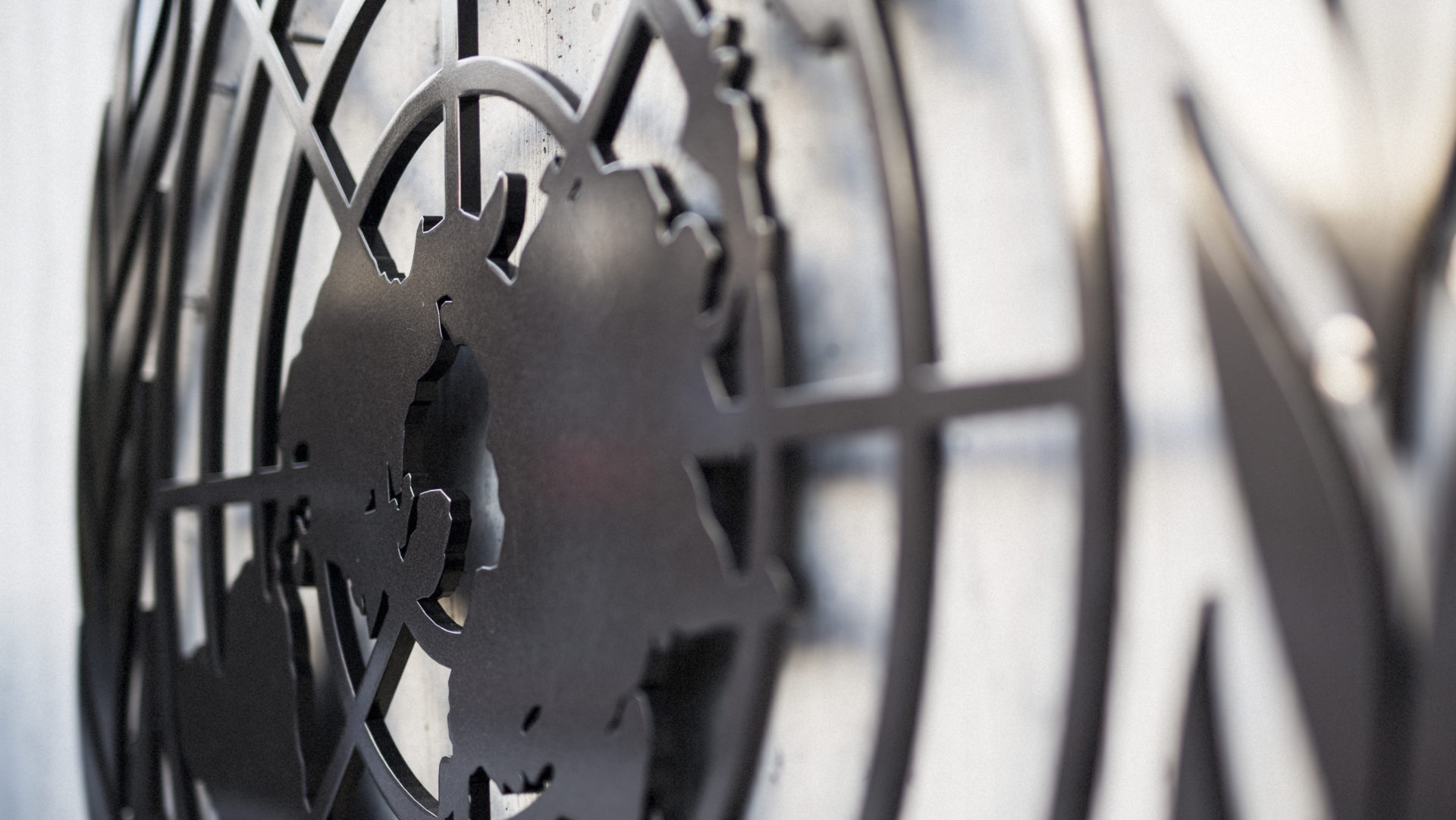Journalists, bloggers, and whistle-blowers are still under attack. Many local journalists and Crimea-based media outlets have fled Crimea because of the threat to their life and health. In a side event yesterday, we heard of the case of Alona Savchuk, a Ukrainian journalist who was banned from entering Crimea for ten years in November 2018 as a result of her journalistic activities.
Those independent journalists and bloggers who have remained in Crimea, including citizen journalists, remain under constant threat of having their houses searched, equipment seized, or being detained arbitrarily.
Of course, journalists are not alone. Mumine Salieva, whose husband is in prison for political reasons, continues to face human rights violations, and she and her family have faced multiple house searches.
Broadcasting frequencies, including those which broadcasted Ukrainian FM radio, have been seized and switched to broadcasting Russian radio, and Ukrainian television channels have been replaced with Russian ones.
Media outlets have been obliged to register according to Russian law. Those demonstrating any form of disloyalty to the new authorities were not re-registered. Neither has freedom of expression online remained untouched, with dozens of Ukrainian websites being either partially or totally blocked in Crimea.
Finally, early this year, the Russian parliament adopted new legislation targeting the “spreading of fake news”. The legislation allows for heavy fines and imprisonment for anyone who criticizes the government and distributes information, which the Russian authorities may consider as “fake news” with certain implications for Crimeans.
We ask the Deputy High Commissioner what her assessment is of the situation facing independent media in Crimea, and what steps should be taken by the Human Rights Council to better protect their rights.
Top photo: Human Rights House Foundation.





